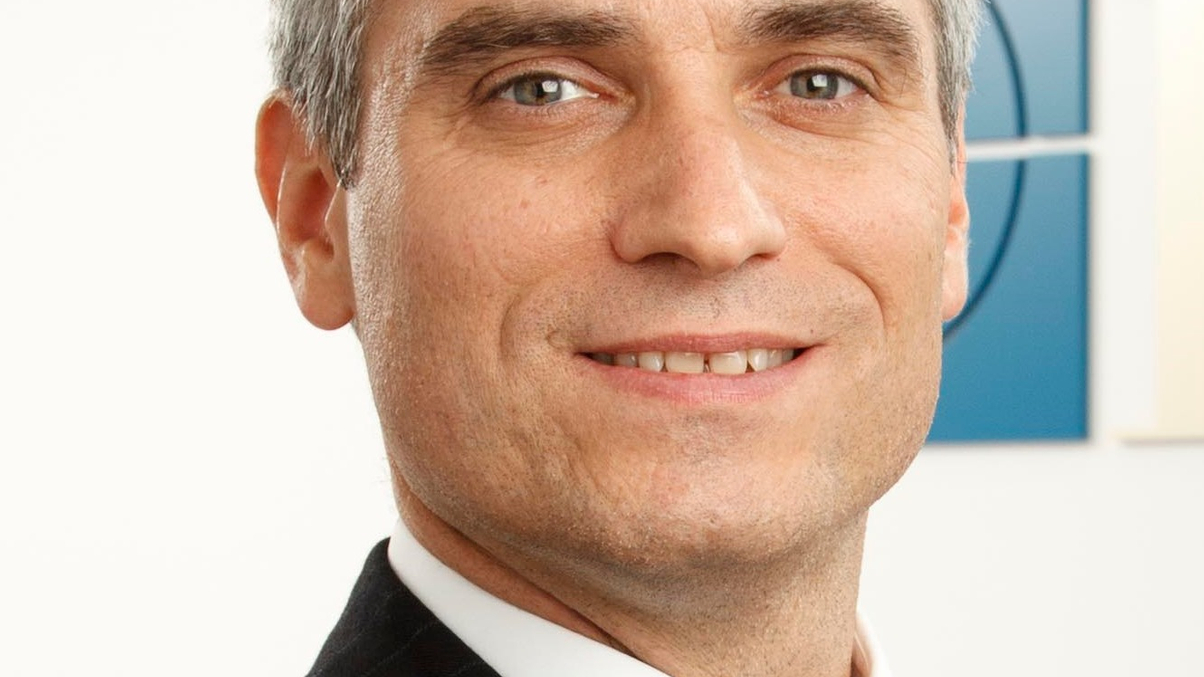BTIG adds senior quartet in Asia, eyes new roll-out
The institutional broker bags four industry veterans, pledges to continue hiring sales traders across the region and is looking to roll out two additional businesses this year.

Agency institutional broker BTIG has made four senior Asia hires based in Hong Kong as it strives to expand its traditional stockbroking platform in the region.
Sign in to read on!
Registered users get 2 free articles in 30 days.
Subscribers have full unlimited access to AsianInvestor
Not signed up? New users get 2 free articles per month, plus a 7-day unlimited free trial.
¬ Haymarket Media Limited. All rights reserved.


